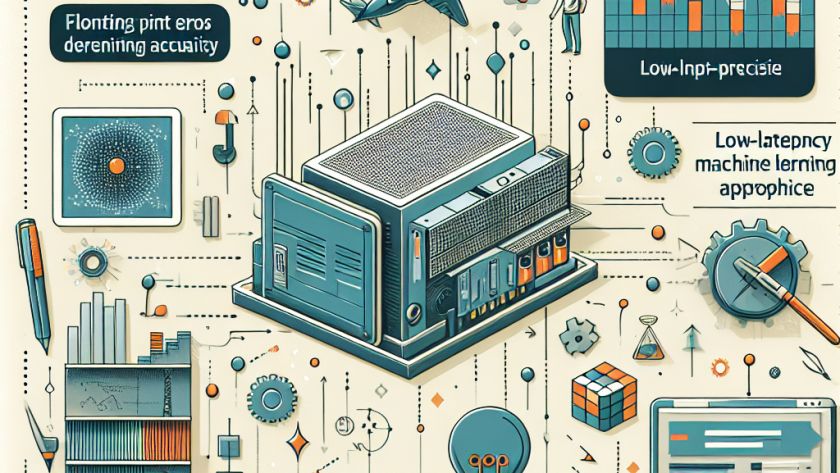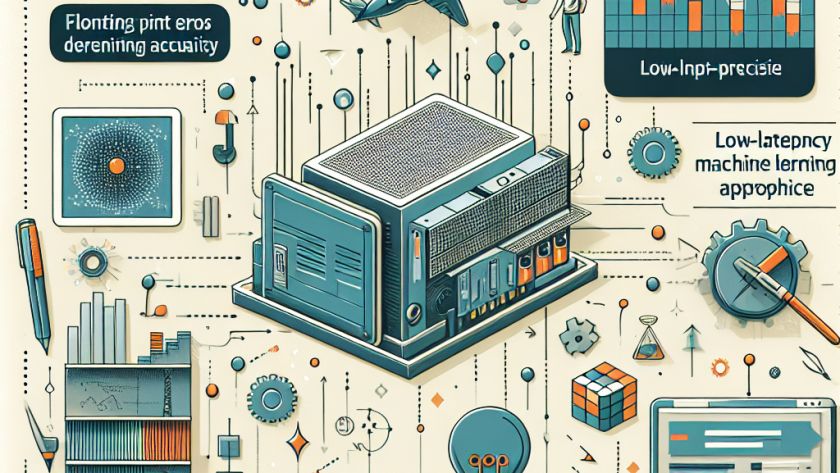A study by MIT researchers has found that doctors are less accurate when diagnosing skin diseases in patients with darker skin, based on images only. The study, which included over 1,000 dermatologists and general practitioners, found that dermatologists accurately diagnosed about 38% of the images they saw, but only 34% of those that showed darker…










